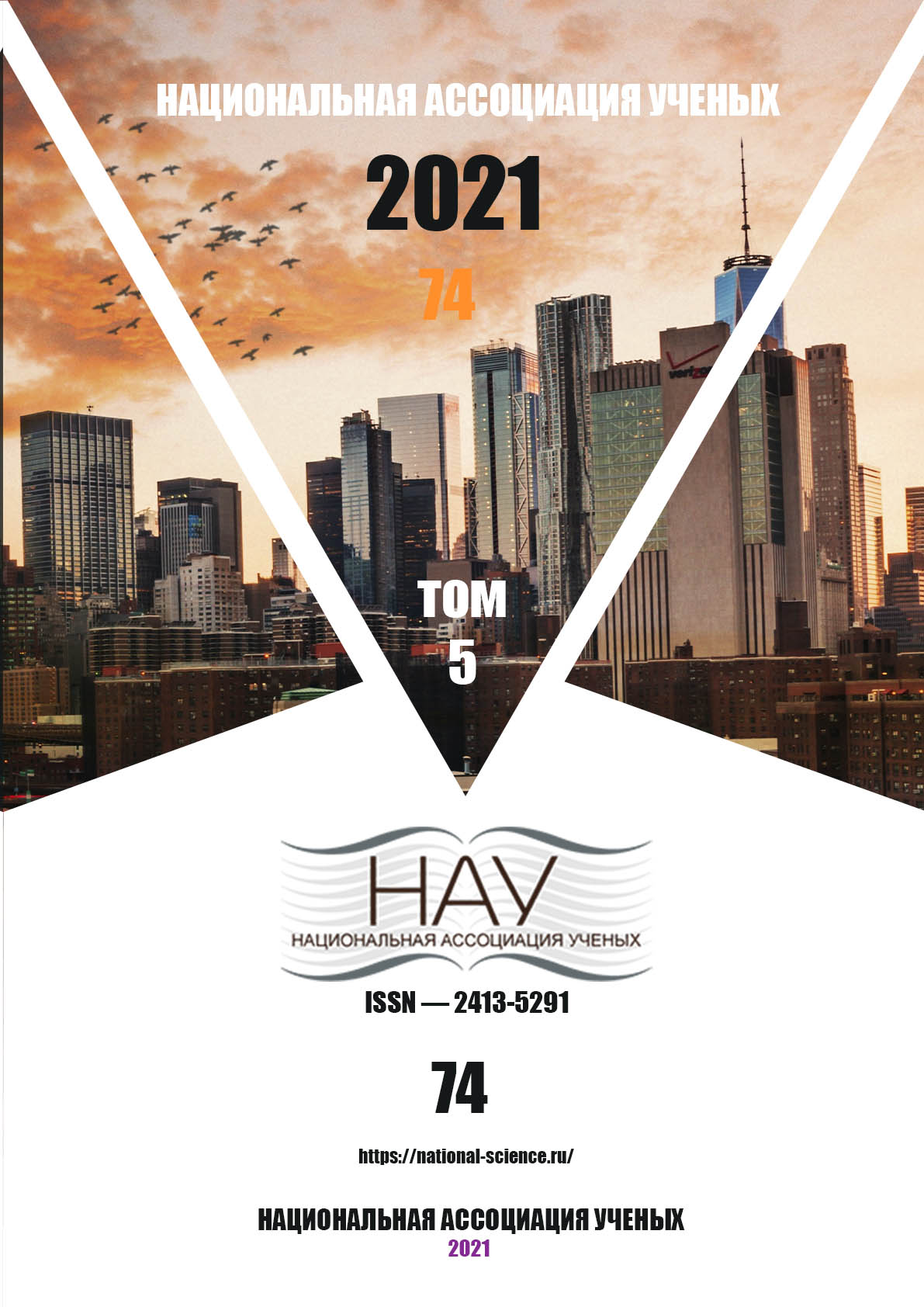THE PLACE AND ROLE OF THE INTERNAL AFFAIRS BODIES OF THE RUSSIAN FEDERATION IN ENSURING MIGRATION SECURITY
Keywords:
migration security; internal affairs bodies; migration crime; migration; information data; technological advances.Abstract
The scientific article examines issues related to the effectiveness of the activities of the internal affairs bodies of the Russian Federation in ensuring migration security. A number of problems related to the completeness and reliability of statistical data on the state of migration crime and their non-transparency are analyzed. The definitions of the notion "migration" are given. The advantages and disadvantages of fingerprint identification of foreign citizens in the context of the application of technological advances are considered. The main directions on the issue of improving the training of personnel of employees of the internal affairs bodies of Russia are summarized.
References
Kolokol'cev: migracionnaja bezopasnost' RF stala prioritetnoj zadachej dlja MVD - Politika - TASS (tass.ru)// URL: https://tass.ru/politika/3772116
Zhigarev E.S. Kurs lekcij po kriminologii. Obshhaja chast': ucheb. posobie.-M.: Jurlitinform, 2020.-280s.
Uchebnoe posobie. Prestupnost' priezzhih v stolichnom gorode. M.M. Babaev, M.V. Koroleva. Moskva, 1990 god.
Zhigarev E.S. Kurs lekcij po kriminologii. Osobennaja chast': ucheb. posobie.M.: Jurlitinform, 2021.-288s.
Ozhegov, S.I. Tolkovyj slovar' russkogo jazyka: 80 000 slov i frazeologicheskih vyrazhenij [Tekst]. - 4-e izd., dop. - M.: OOO "ITI Tehnologii", 2008. - 941 s. - 421-00.
Komlev Ju.Ju. Integrativnaja kriminologija: deviantologicheskij ocherk: uchebnoe posobie/Ju.Ju.Komlev.-2-e izd., dop. i pererab.M.DGSK MVD Rossii, 2019.-232 s.
Downloads
Published
Issue
Section
License

This work is licensed under a Creative Commons Attribution-NoDerivatives 4.0 International License.
CC BY-ND
A work licensed in this way allows the following:
1. The freedom to use and perform the work: The licensee must be allowed to make any use, private or public, of the work.
2. The freedom to study the work and apply the information: The licensee must be allowed to examine the work and to use the knowledge gained from the work in any way. The license may not, for example, restrict "reverse engineering."
2. The freedom to redistribute copies: Copies may be sold, swapped or given away for free, in the same form as the original.





